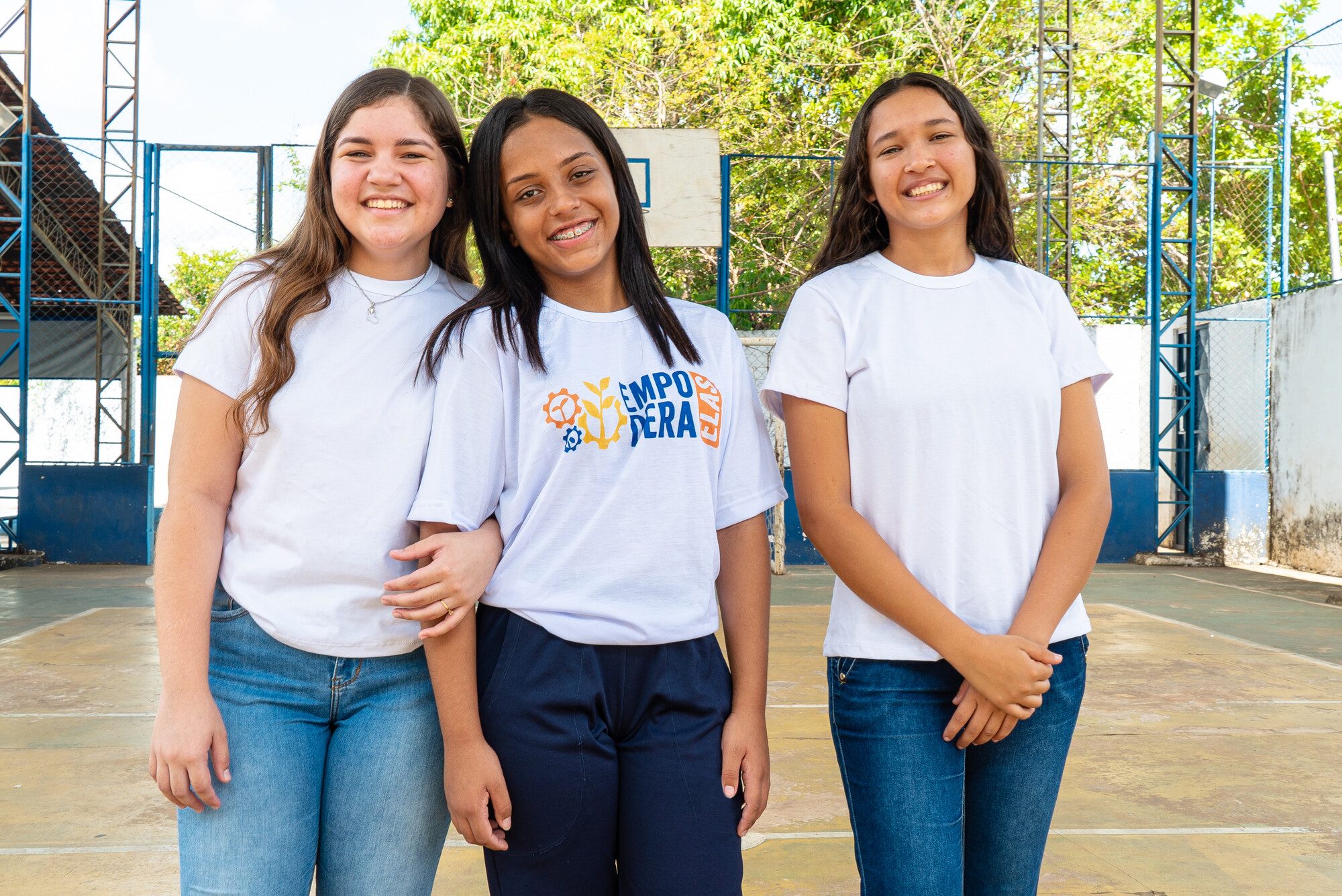Plan International Latin America
Plan International is an independent development and humanitarian organisation that advocates for children’s rights and equal opportunities for girls. Since 1937, we have united determined optimists to transform the lives of children in more than 80 countries around the world.
We believe in the power and potential of every child, but we realise that they are often limited by poverty, violence, exclusion and discrimination, with girls bearing the brunt.
In Latin America and the Caribbean, we support children in 12 countries from birth to adulthood, enabling them to cope with crisis and adversity. Through our reach, experience and expertise, we promote practice and policy change at local, national and global levels.
We will not stop until we are all equal.
2024 Annual Review
Learn more about our work on behalf of children, especially girls, during 2024.
Business leaders from Latin America gather in Mexico to reaffirm commitment to girls' rights
The Regional Philanthropy Council is Plan International's new strategic commitment to strengthen support and fundraising aimed at empowering the opportunitie…
2023 Annual Report
This annual report is a summary of our regional impact on children, especially girls, during 2023.
Plan International Worldwide Annual Review 2023
Plan International Worldwide Annual Review and Combined Financial Statements.
Where we work
Go to country websites in our region
Our address
Building 155 A&B, City of Knowledge, Clayton, Panama City, Panama
(+507) 317-1700
Follow us:
Key contacts in our Latin America Regional Hub
-
Carmen Elena Alemán
Acting Regional Director for Latin America and the Caribbean




